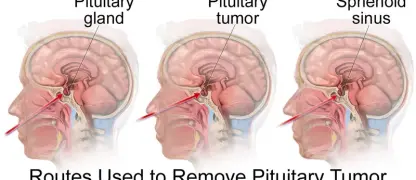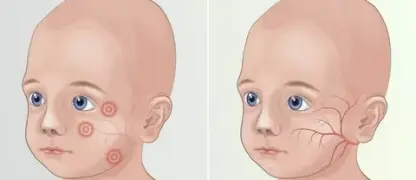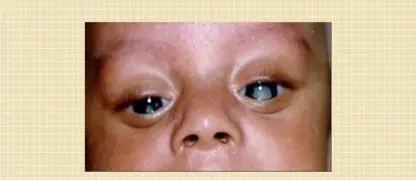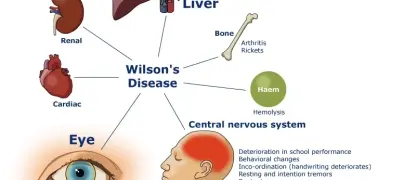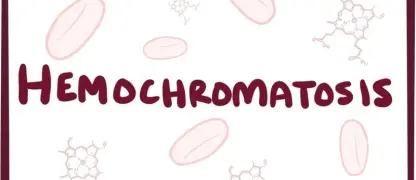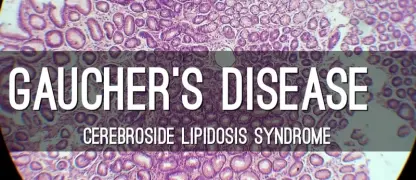Unexplained muscle weakness can be a sign of a rare but serious condition. Understanding the facts about Pompe disease is vital for early diagnosis and management, which can significantly improve outcomes and enhance the quality of life for those affected.
What are the main causes of Pompe Disease?
- The condition is caused by a deficiency of an enzyme called acid alpha-glucosidase (GAA), which breaks down a sugar called glycogen in the cells.
- Without enough GAA, glycogen builds up to toxic levels, especially in muscle cells, leading to progressive damage and weakness throughout the body over time.
- Pompe disease inheritance is autosomal recessive, meaning a child must inherit a defective GAA gene from both parents to develop the disorder.
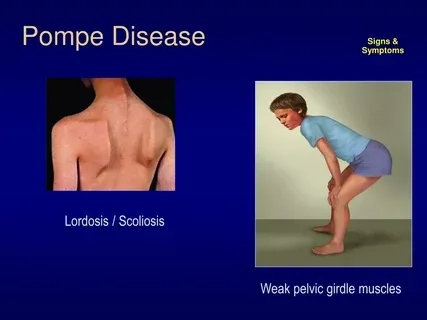
Key symptoms of Pompe Disease to watch for
- Infantile-onset Pompe disease appears within months of birth with severe muscle weakness, an enlarged heart, trouble breathing, and a general failure to thrive.
- Late-onset Pompe disease can appear at any age, causing progressive weakness in the legs and trunk, and often leading to severe respiratory problems.
- Common Pompe disease symptoms across all forms include difficulty walking, frequent falls, an enlarged tongue, and trouble swallowing or breathing, especially while lying down.
How can you manage Pompe Disease effectively?
- As a genetic condition, Pompe disease cannot be prevented, but genetic counseling is available for families with a known history of the disorder.
- The primary Pompe disease treatment is enzyme replacement therapy (ERT), using drugs like Myozyme to replace the deficient GAA enzyme and reduce glycogen buildup.
- Supportive care, including physical, occupational, and respiratory therapies, is crucial for managing symptoms and maintaining quality of life for those living with Pompe disease.
>>> Read more here: Epidermolysis bullosa – symptoms, diagnosis and care
Illustrated illustrations Pompe Disease
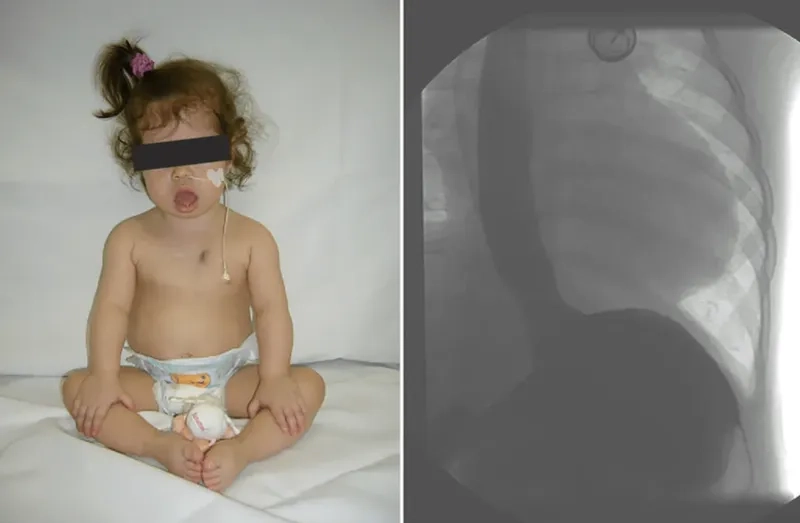

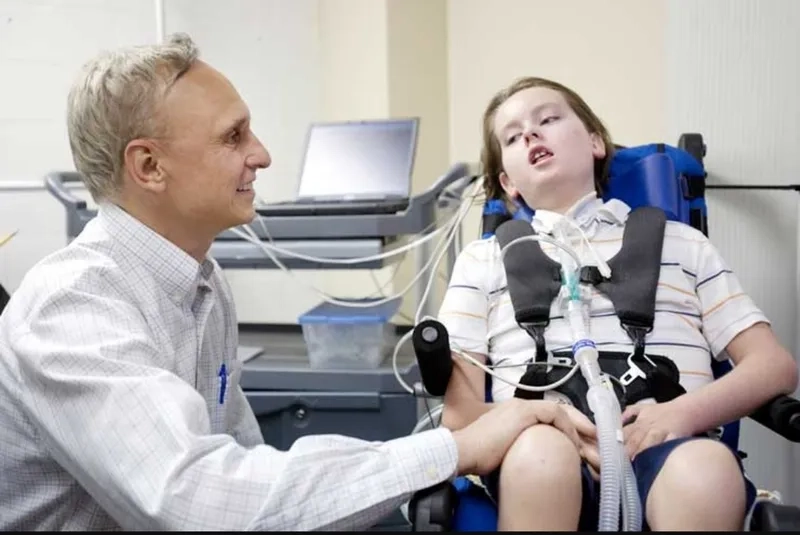
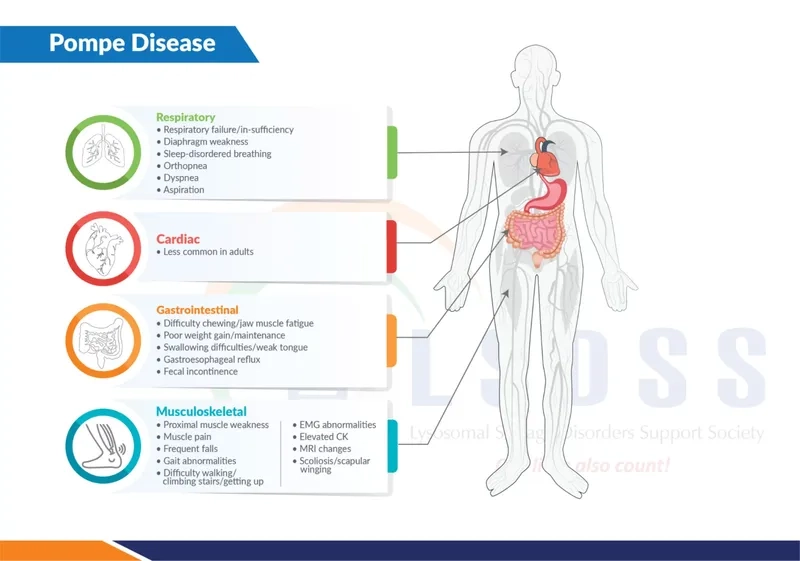
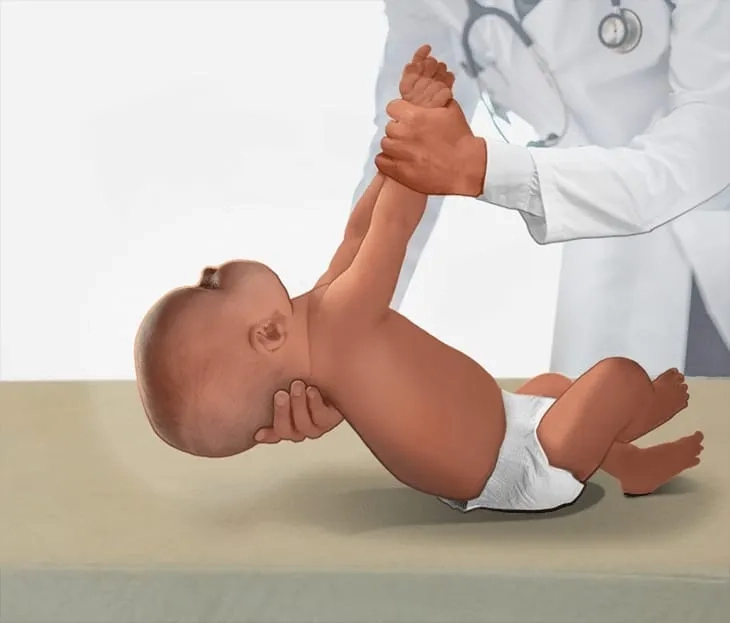
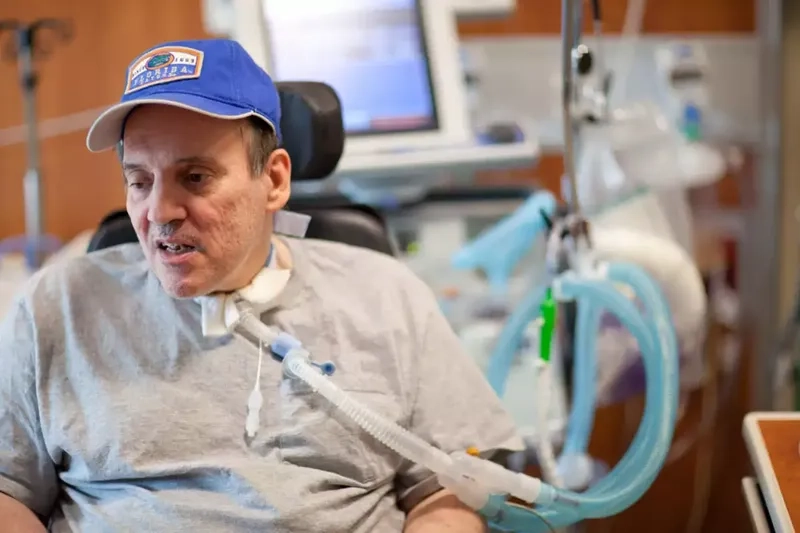
>>> Discover more: Gaucher disease – symptoms, causes and treatment
Early Pompe disease diagnosis is critical for a better life expectancy and outcome. If you or a loved one shows symptoms, consult a neuromuscular specialist for testing and a comprehensive care plan.
>>> See more: Fabry disease – signs, symptoms and care options


